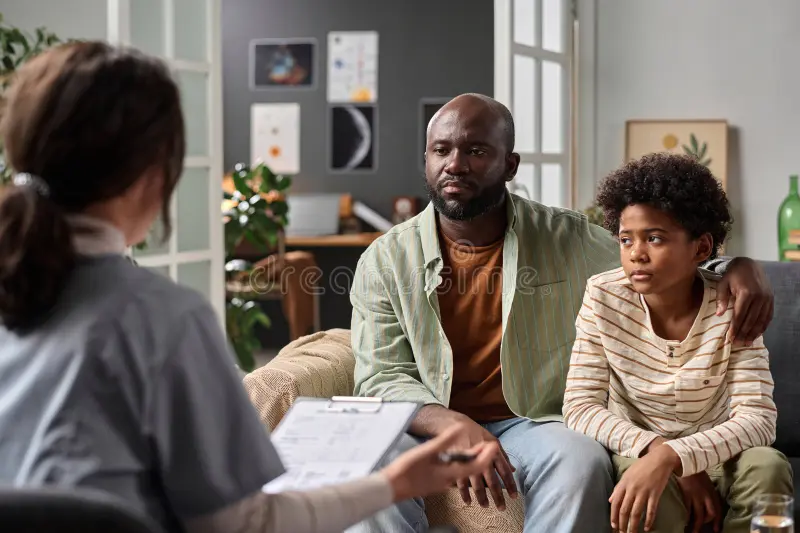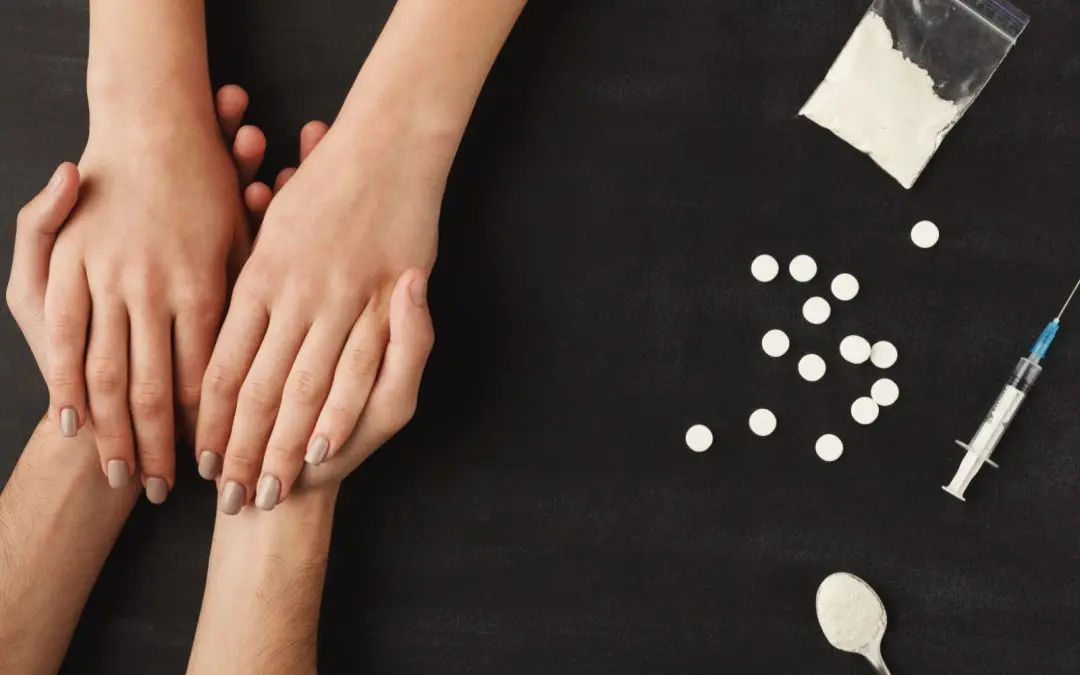24/7 Helpline:
(866) 899-221924/7 Helpline:
(866) 899-2219
Learn more about Bipolar Disorder Treatment centers in Loves Park
Bipolar Disorder Treatment in Other Cities

Other Insurance Options

Group Health Incorporated

Sliding scale payment assistance

Magellan

EmblemHealth

Evernorth

Kaiser Permanente

Excellus

Amerigroup

GEHA

BlueCross

Optum

Molina Healthcare

Highmark

BlueShield

Meritain

Regence

Absolute Total Care
Beacon

American Behavioral

WellCare Health Plans
















AA – Alcoholics Anonymous
AA – Alcoholics Anonymous is a non-profit rehab located in Loves Park, Illinois. AA – Alcoholics Ano...

Changes Place
Changes Place is a private rehab located in Loves Park, IL. Changes Place specializes in the treatme...










